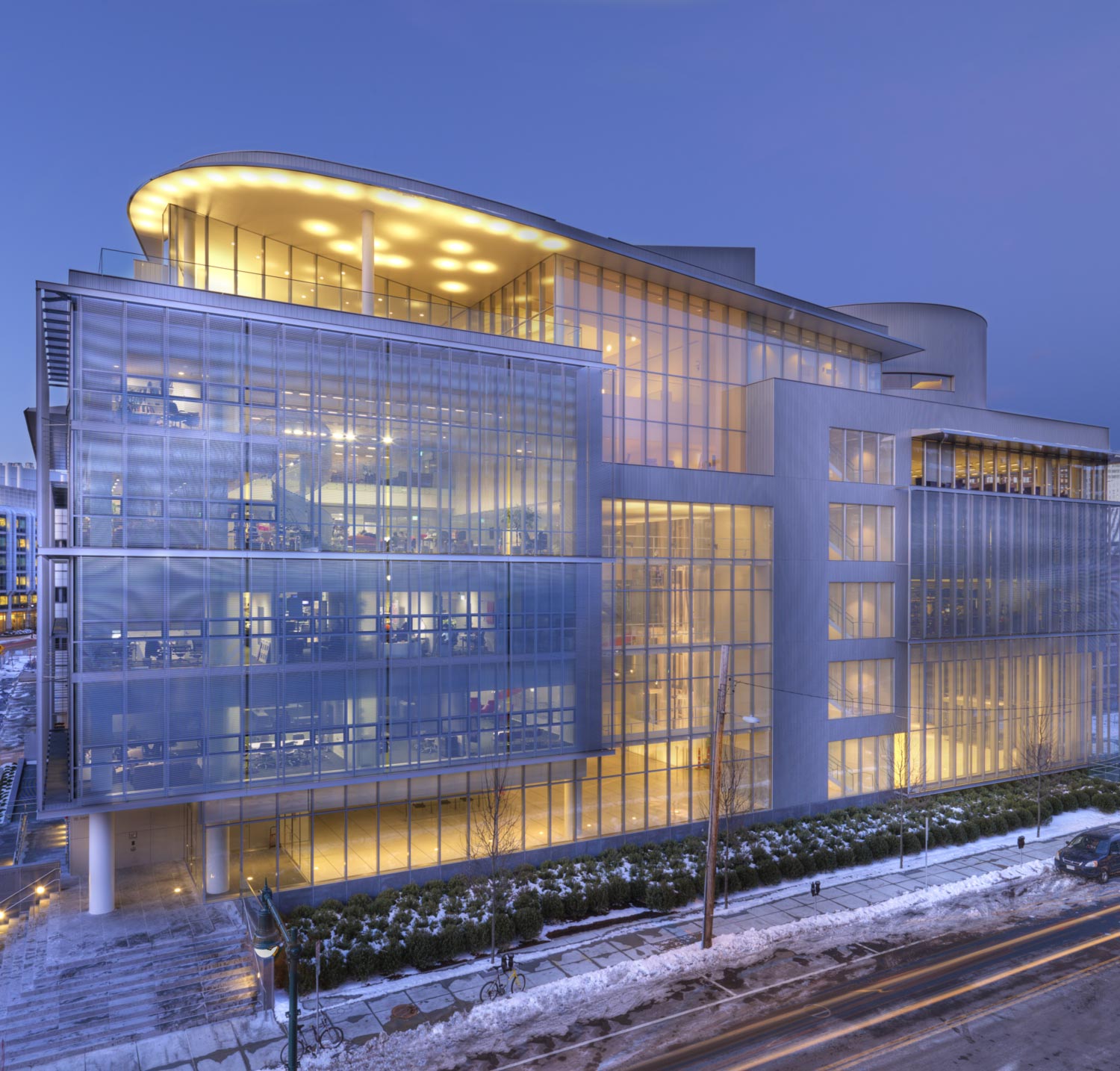Focus
To the members of the MIT community,
Focus feels hard to come by.
With the nation torn by so much struggle, uncertainty, turmoil and injustice, and the planet in such peril, a great many outward events deserve and demand our individual attention. Yet somehow, as a community, we also need to concentrate on crucial work close to home.
As we start the new semester, I want to highlight three shared challenges for MIT this fall.
We need to get our Covid response right. Thanks to everyone’s shared efforts, we are as ready as we can be, from remote learning to residential life to the ramp-up of research. Yet as large numbers of students return to schools across the region, the risks are real, and the stakes are high. We need to do everything in our power to make this semester work, safely and without losing ground – and to pave the way for many more students to return next spring.
We need to repair, reinforce and renew our sense of community. There is work on this score for every one of us, personally – faculty, staff, postdocs, students and alumni. And this also means we must follow through, institutionally, on a wide range of community needs and commitments articulated over the past year, from our plans in response to the NASEM report on gender and sexual harassment, to an array of priorities identified in the wake of the Epstein crisis, to evolving plans to address structural racism and injustice.
The pandemic has naturally interfered with progress. Yet obviously, the underlying issues have not gone away, and we have not forgotten them. It’s vital that we follow through on the full range of commitments now – commitments directly important to groups within MIT, from staff, to women, to people of color, but ultimately important to us all and essential to our ability to fulfill MIT’s great mission. We will share updates this fall.
We need to push forward with the work of MIT’s Task Force 2021 and Beyond. Disasters have a way of clarifying what matters most. I hope we can use this moment of intense disruption as a creative opportunity to determine what we value most about the Institute, to think expansively about what can and must be different and better, and to begin inventing a worthy future for the MIT we love.
These days, it can seem pretty dark out in the world. As we join in this inward work together, I hope and believe we can offer each other consolation, inspiration, sympathy, patience and light.
Sincerely,
L. Rafael Reif


